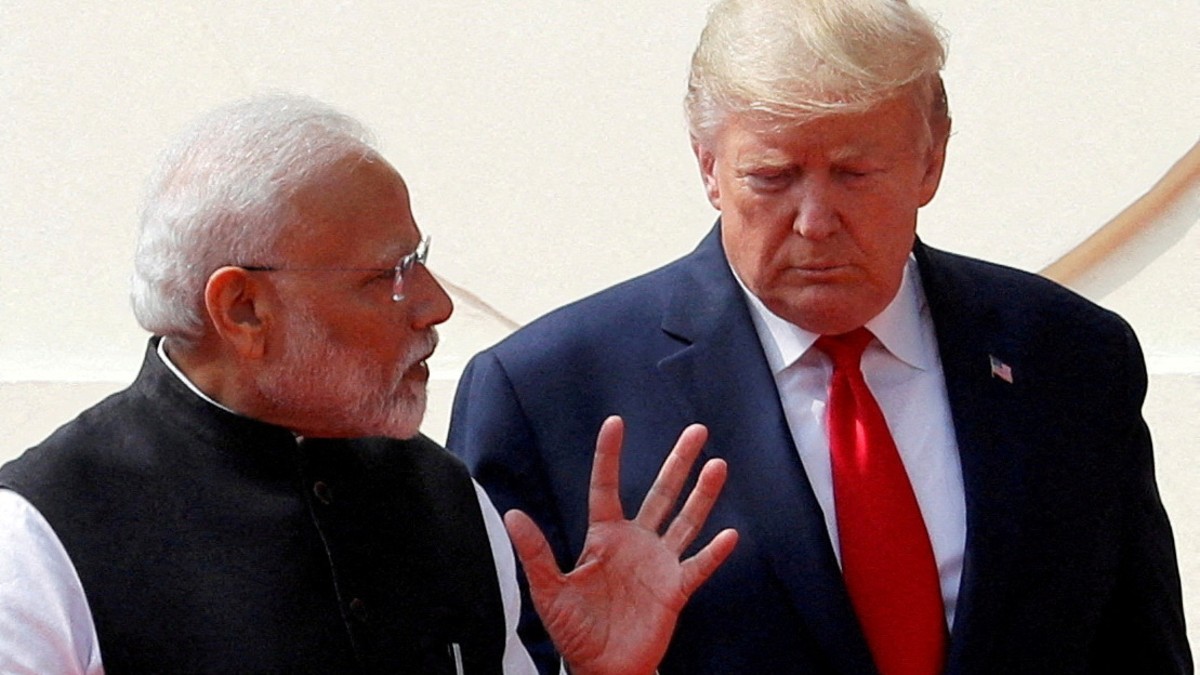US President Donald Trump’s ongoing verbal attacks on India have raised eyebrows, with his criticisms rooted in a mix of trade frustrations, geopolitical posturing, and personal grievances.
From India’s refusal to bend on trade terms to its rejection of Trump’s claims about brokering peace, the reasons behind his rants reveal a deeper clash of priorities between the two nations.
India’s firm stance on farm sector
At the heart of Trump’s ire is India’s refusal to bow to US demands in trade negotiations. Trump has repeatedly expressed frustration over India’s unwillingness to conclude a trade deal on his terms, particularly its protectionist stance on agriculture.
India’s agricultural sector is a cornerstone of its economy, contributing 18.4 per cent to the country’s Gross Value Added (GVA) in 2022–23.
For millions of Indian households, farming isn’t just a job—it’s a lifeline.
With a majority of the workforce tied to agriculture, especially in rural and semi-urban areas, crop income serves as both a livelihood and a buffer against economic uncertainty.
This makes the farm sector a politically sensitive issue, leaving little room for compromise. Indian negotiators have consistently stressed that protecting this sector is non-negotiable, a stance that has frustrated US efforts to open India’s markets to American agricultural imports.
The India-Pakistan narrative: A claim India rejects
Another sore point for Trump is India’s outright rejection of his repeated assertions that he played a key role in preventing a war between India and Pakistan.
Since May 10, Trump and his team have claimed nearly 30 times that the United States brokered peace between the nuclear-armed neighbours. However, Indian Prime Minister Narendra Modi has firmly denied these claims.
During a parliamentary debate on “Operation Sindoor,” the military campaign launched against Pakistan in May, Modi stated, “No world leader asked us to stop the operation.”
Impact Shorts
More ShortsWhile he avoided naming Trump directly, the message was clear: India denies any foreign mediation in the conflict. Pakistan, on the other hand, has acknowledged Washington’s involvement, creating a stark contrast in narratives.
Trump’s insistence on taking credit for averting a full-scale war may stem from his need for a foreign policy win. Having failed to deliver on his promise to end the Russia-Ukraine war on “Day One” of his presidency, Trump appears eager to claim a diplomatic victory in South Asia. India’s refusal to validate his narrative has only fueled his frustration.
The Nobel Peace Prize snub
Adding insult to injury, India has distanced itself from the White House’s suggestion that Trump deserves a Nobel Peace Prize for his supposed role in brokering peace globally, including between India and Pakistan.
White House Press Secretary Karoline Leavitt touted Trump’s diplomatic achievements, but India’s Ministry of External Affairs spokesperson Randhir Jaiswal brushed off the claim. “As far as the statements of the White House are concerned, please take your question to them,” Jaiswal said, redirecting inquiries back to Washington.
Trump’s rants against India reflect a broader clash of national priorities. India’s focus on protecting its agricultural sector and energy security runs counter to US demands for open markets and geopolitical alignment.
)